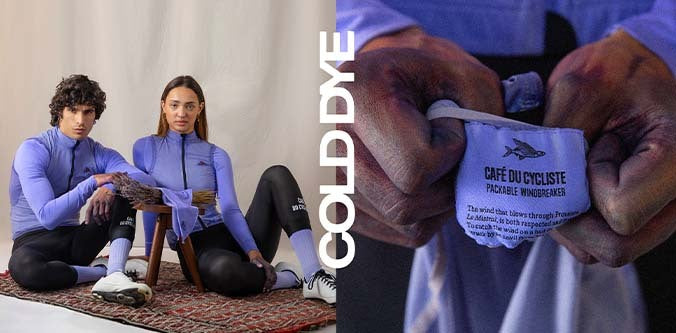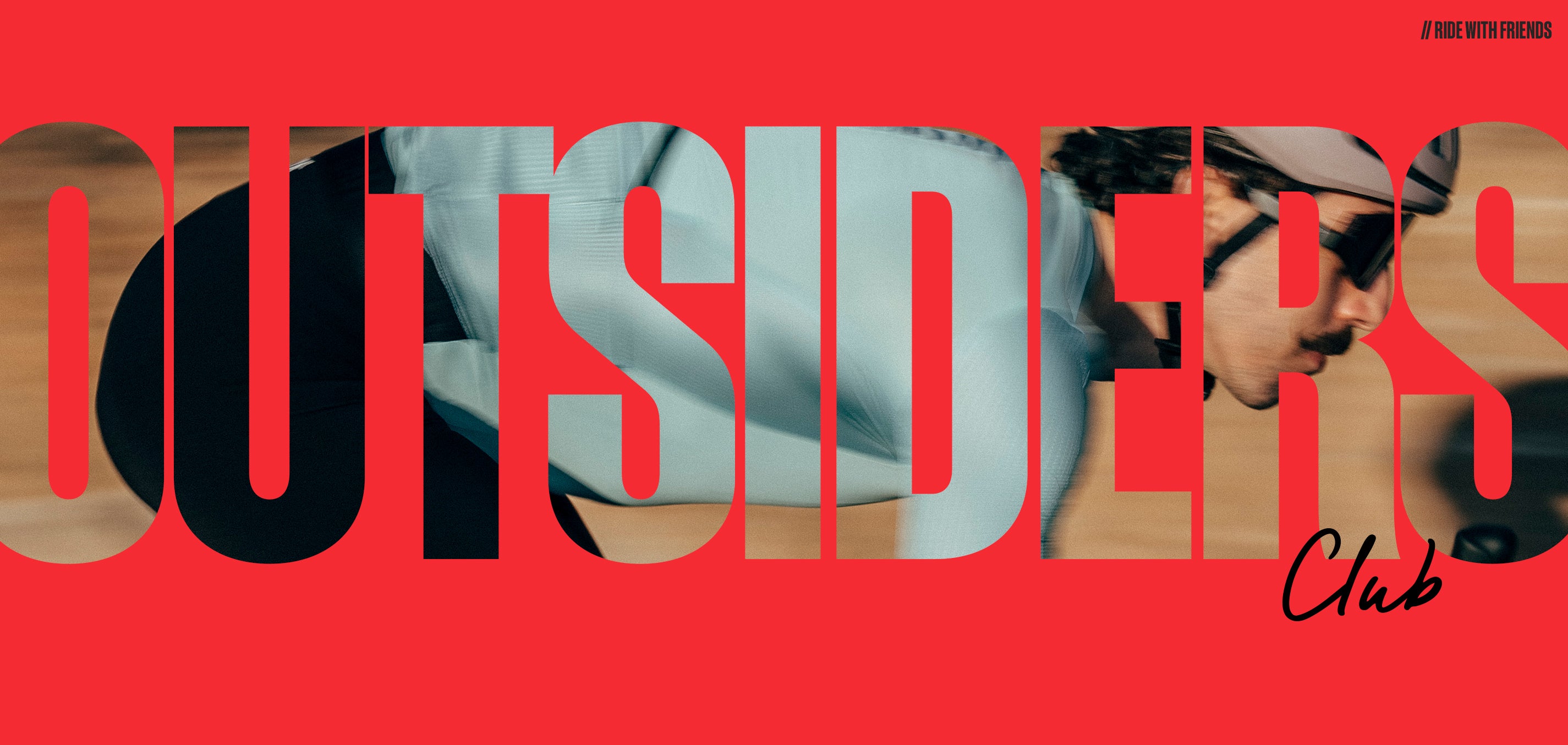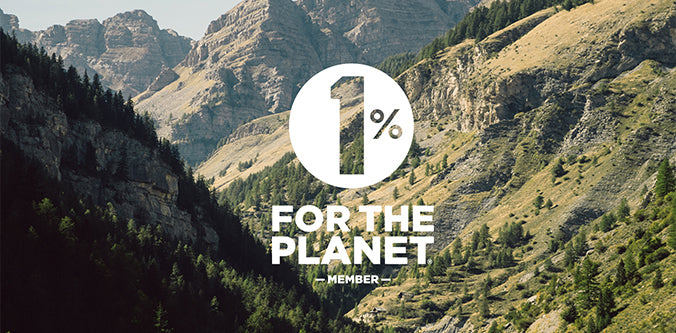TCR checkmate
Dismantle, bubble wrap, tape, take the TGV. Unpack, build, check and double-check, take a regional train. Here we are. The start line of the TCR. If you are keen, it’s relatively easy to get to the start line. But then there’s the other line. The ‘F’ one.

I’ve been waiting months for this moment. To find old friends at the start, and make new ones too making jokes and playing down what lies ahead. Being the second time that I find myself at the start of the Transcontinental Race everything is more fluid, the routine is more familiar. I'm serene, I have a goal, a vision, a single focus. The finish line.
Speeches, pats on the back, encouragement and embraces amongst competitors Adrenaline mixes with excited anxiety in a surreal scene when night falls, the church clock tower indicates 22h, some shouts of the Town Crier, the bell rings and the parade lap begins. First a ceremonial ascent of the Muur together as a peloton, followed by a tour of the city, returning to the square. Then the second ascent of the Muur, the real start, the torches, even more screams, a right turn and into the dark nothingness...
Conversation peters out and the sound of freewheels take over. The silhouettes of other riders are already beginning to stretch themselves out on their aero bars. Very quickly everyone takes their place and their own pace. The first big junctions see the peloton begin to gradually divide, scatter, and find their own path to CP1.

Me? As the hours pass, the more I find myself alone. The excitement of the departure falls, the early morning rises and before long the first signs of fatigue announce themselves only to be denied and ignored. It has started.
The first two check points are a stretched-out time trial. Measured effort over distance mixed with a calculated strategy of road and elevation choices. The TCR really is an ultra game of chess. And the first move? Leave Belgium by the north of France, go to Strasbourg, cross Germany to summit the first ‘real Col’, descend to Switzerland and pass in Austria. The cycling pawns move across borders and countries as if they were checkers on a great chess board painted across Europe.
After validation at CP1, I rail down the serpentine road that starts the journey to CP2. For this second leg I add the reward of a first hotel before more border hopping. I enter the Tyrol whilst saying hello to Italy, then return to Austria before crossing the Slovenian border. I pass an abandoned mining town of the Eastern block and attack the ascension of Mangart Sedlo, one of the only obligatory parts of the course, before descending to get the second stamp on the brevet card.

Summiting Mangart Sedlo and knowing I would make CP2 in good time was a confidence boost for me. Last year I tasted failure. On the TCR failure doesn’t normally come in an instant. The glitches follow one another, the delays accumulate, the bad calculations and errors in route planning come on the scene and the morale gradually declines as the innumerable excuses increase in number. Twelve months earlier I scratched at CP3. This year was very different, and in a good way.
The memories flood back to me on top of Magnart Seldo and begin to take more out of me than the climb itself. I spot a quiet place in the grass above the road. I have not slept since my hotel two days before and tell myself that it is a good place to stop and enjoy this moment.
Here, an intense emotion invades me. I understood a language without words that tells me that everything is fine, that everything will be fine, that nothing would prevent me from reaching the finish. The dice were thrown and the anticipation of a successful completion of the race upsets me. Tears roll down my face, those of revenge. Not on the race, she was far from over, but on life, on bad luck. Last year’s scratch wasn’t just because of in-race events but the race itself symbolised the struggle of life and finishing it is a reassurance of my ability to endure tougher obstacles.

It sounds rather easy, but once it’s done and you zoom out on the map the plan looks rather simple; cross the Alps. To CP2 was 1250 km and 12000 m. D + in four days and fifteen hours. The details and the memories of what are in between the checkpoints are only for the riders. They can’t take that away from us.
The next goal is 800 km, all the way to the north. While many participants embarked on a new Alpine crossing, I decided to go back bypassing the mountains and cross Vienna because I’d never been there and wanted to see it. A bit of accelerated tourism is also part of the adventure.
It is with undisguised happiness that I leave the humidity of the mountains to find a hot but dry climate, with the promise of new borders, passing into the Czech Republic on smaller roads for a brief visit to Poland and CP3.

Arrivals at checkpoints have this funny funnel effect. Whatever the route chosen by the participants, paths converge at the checkpoints and reunions take place. It’s an opportunity to meet new friends too. When I arrive, I announce to the few participants who surround me that it's my birthday, and they make me feel good with warm words. It is a privileged moment to celebrate a happy day at the heart of the adventure of a lifetime.
After the ‘birthday party,’ things begin to get serious. The TCR has that power to turn up the heat, just when you think you've been through the worst.
The wind is rising, and as usual, not in a good way. My route takes me down the Czech Republic, a passage into Slovakia by Bratislava. Then a new crossing to Hungary, to finally reach the unknown: the Balkans and my entry into Bosnia.

The road that was supposed to run very smooth turns out to be much more complicated, the wind slows down the predicted progress and the smallest problems, bumps and lumps become exhausting. All of a sudden the trucks are more threatening and the first packs of stray dogs are also coming into action earlier than expected. So from the south of Hungary the TCR reminds me that everything up until this point was just a training.
In the Balkans everything changes. Do not expect the road to be where your Wahoo GPS says it is. The scars of war are still present and sometimes you will find only the remains of a bridge where once a small road existed. Shops are rare, the atmosphere is harsher, the mountains take on a different shape and the humidity returns . Paying can also be a problem, as this is the world of cash with no place for plastic cards. And of course each country has its own currency, otherwise it would be too easy.
Approaching and passing Sarajevo I begin to wonder if it is ignorant or indecent to pass through places with such a heavy past and not acknowledge it. Or should we flash by them just like everywhere else. Nevertheless, it's euphoria.
CP4 is ticked off after 12 days and 21 hours and now I can enter the Hell of the Balkans. The last part is like free falling. The further you go south, the more intense everything becomes. The traffic is heavier, the dogs more threatening, finding food is more complicated and the weather is hotter. I lack the experience required to find the good road choices, anticipate currency changes, identify the right places to buy food or have wifi network to take stock and make informed decisions.
When fitness is very good but the kilometres tick by slowly by sheer 'fact of the road', my morale takes a hit. It is at this moment that one must remain calm and accept and roll with the surprises found around the corner, owing to your own bad choices. It does not matter if the planned 50km of smooth road turns into a cobblestone yard, if the city where you expected to eat does not offer any service apart from a roadside bar serving only drinks, if the long valley road planned towards the Greek border proves to be non-existent.

Now the game of chess it not just physical, it is also mental. It’s a question of maintenance and the management of fatigue. Here, my girlfriend did a fantastic job.
If on paper the Transcontinental Race is a solo race, it’s a fact that a large part of the participants have what is called a 'dot watcher' - someone who will follow more assiduously than your friends, who will be a bit like your guardian angel 24/7. They will also be your mental coach, helping you stay focussed on the race. In my case it was my girlfriend who had already taken the game on last year. Knowing me perfectly, she has always been able to find the right formulas to revive me or to rationalise a situation.
What does it matter, behind the chaos of the cities, ubiquitous Albanian Mercedes, the dirt of the streets, and all the remains. If the mass effect might be repulsive to some, smaller details and features are touching, warm, hospitable and the countryside is immense, beautiful and simple.
The day is not quite up in Kodovjat, where I slept two hours on a café terrace thanks to the benevolence of the owner. I still have 295 km and 4000 m. from D + to the finish line, and it's the day of the official 'closure' of the checkpoint. The hours pass, my doubts about my arrival time disappear, nothing matters. I’ll arrive, and I'll arrive tonight.
When we cross the Greek border, everything is left to play for. But nothing can stop you anymore. Fatigue, last jokes from the stray dogs or closed shops because you had the good idea to arrive during a national holiday? These are simply minor details compared to all that is left behind.
I arrive. Exhausted, on a cloud, dodging the last problems, a last phone call to Alain who confirms that beers and food await me.
I arrive.
3968 km, 33725 m. D +, 17 days across Europe. It is August 15 and Meteora is revenged.



















